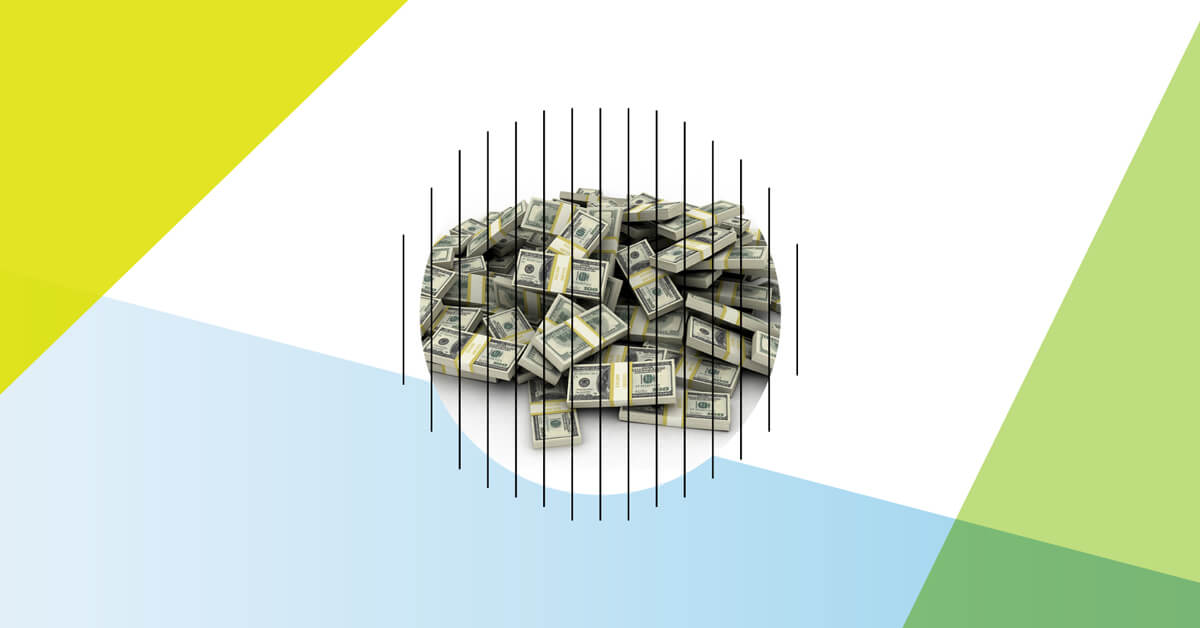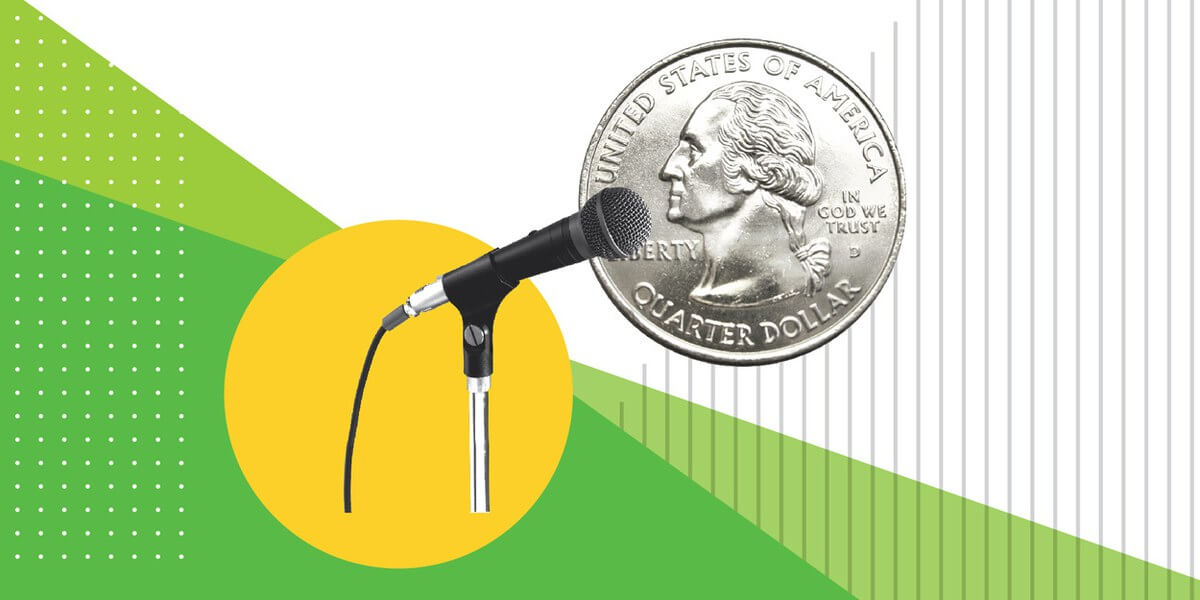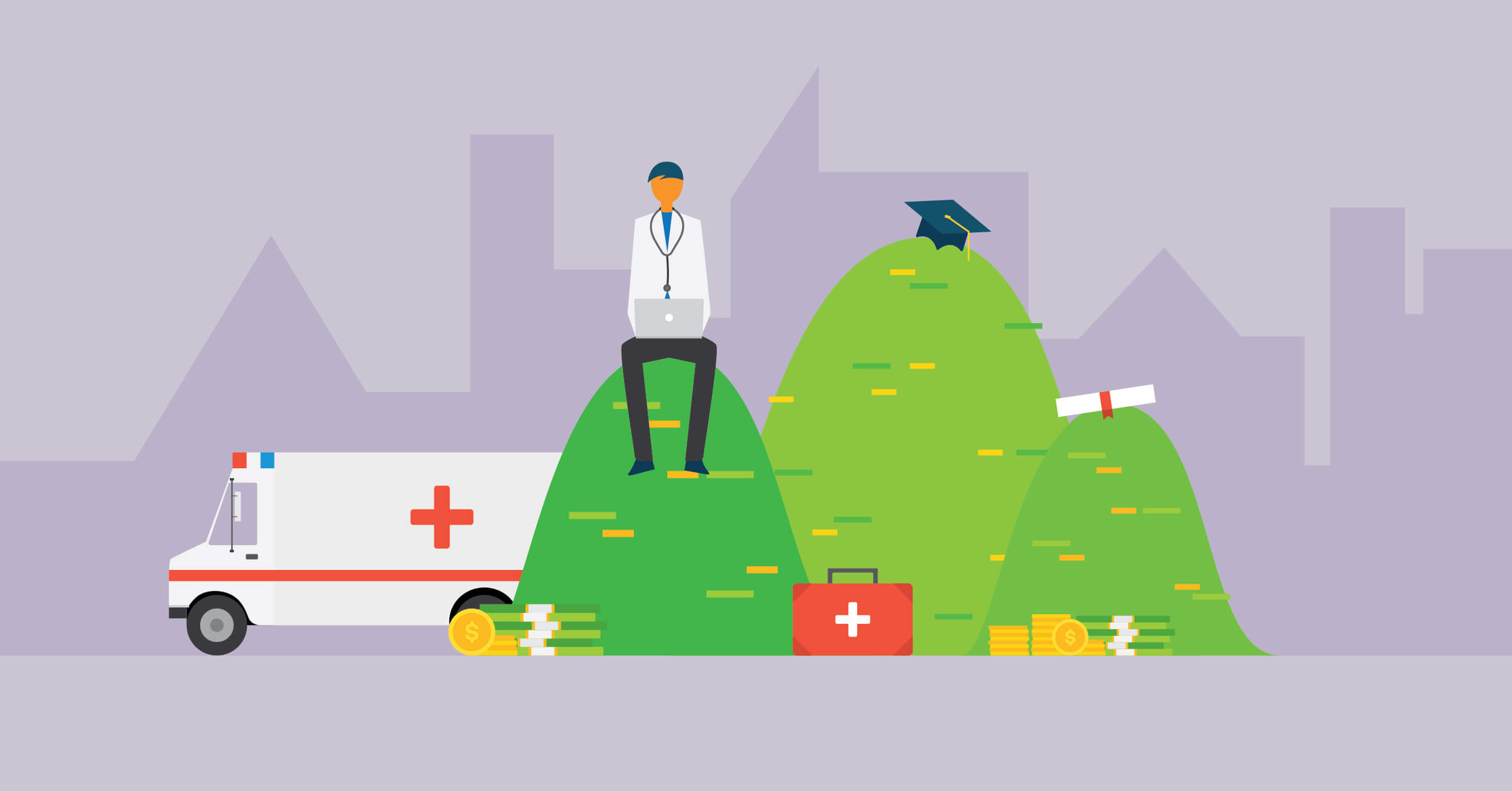Hey Coach! How Do I Rebuild My Network After a Cross Country Move?
Welcome to Hey Coach!, a career advice column hosted by SoFi’s Career Advisory Group, a team of expert career coaches dedicated to helping SoFi members reach professional success. Got a tricky career question of your own? Email [email protected].
Hey Coach,
My husband and I have made the decision to move across the country so we can live closer to our families in the Bay Area. We’ve been living in New York for the last ten years and have really planted roots—great friends, families and jobs—but we’re looking to start a family of our own soon and know being closer to loved ones is the right choice.
Read more



